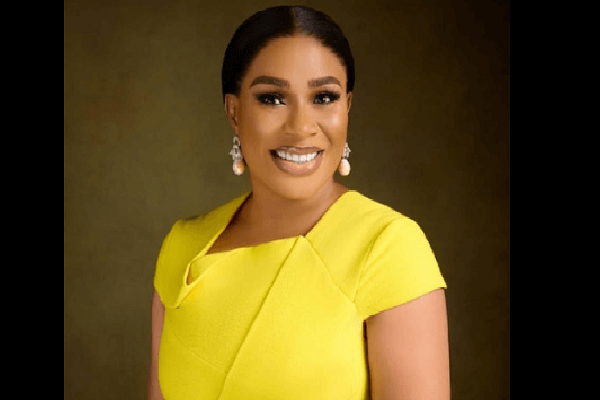In Nigeria’s competitive corporate arena, where male dominance once seemed unshakable, one woman has steadily risen to command influence across industries. As Group Chief Executive of Seal Group — a sprawling conglomerate with interests in manufacturing, hospitality, advertising, medical equipment, retail, and branding — she has spent over two decades proving that competence, vision, and resilience are not gender-bound.
“Women bring dynamism and focus into the boardroom,” she asserts, pointing to the growing number of female leaders on the boards of banks, global corporations, and government agencies. “The key is vision, the right team, and readiness to play alongside male counterparts — and win.”
Born in Kaduna to Prince S.E.A. Lawani and Mrs. Omoyeme Lawani, she grew up with values of discipline, integrity, and hard work. Her educational path took her from Federal Government College Bwari to Ahmadu Bello University for a degree in Economics, and later to the UK for an MBA. Leadership courses at Lagos Business School, the Institute of Directors, and Harvard University sharpened her strategic and operational expertise.
Her entrepreneurial journey began while she was still an undergraduate, trading goods and developing business instincts. In 2005, she launched Virgin Vie Angel Limited, followed by ABC Inflatables Nigeria Ltd in 2006, pioneering inflatable advertising in the country. By 2010, she had founded The Virgin Hospitality Company, transforming branding for more than 1,000 hotels nationwide. Today, Seal Group’s portfolio includes multiple subsidiaries — all united by her belief in controlling the value chain for quality and efficiency.
But the path was far from smooth. Breaking into male-dominated sectors required exceptional performance and an unyielding commitment to proving her worth. Inconsistent policies, infrastructural deficits, and early difficulties in accessing capital were constant hurdles. “There are no alternatives to vision, networking, trust, integrity, and resilience in business,” she says firmly.
On President Bola Tinubu’s economic policies, she offers a balanced view: “Sweet and sour, but with undeniable improvements. The deregulation of the naira and interventions to stabilize it have helped reduce import costs. The real test is delivering on promises — food security, poverty eradication, job creation, and access to capital.”
Motivated by solving business challenges and creating opportunities, she now dedicates part of her energy to mentoring Africa’s next generation of entrepreneurs. Her leadership philosophy is transformational, people-focused, and anchored in innovation and integrity.
“No one builds success alone,” she says. “Surround yourself with a strong, diverse, and supportive team — that’s how lasting legacies are made.”

